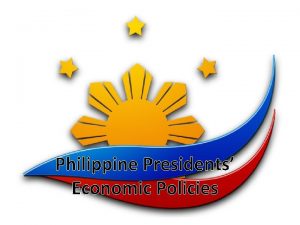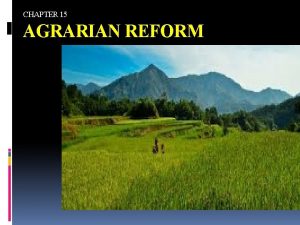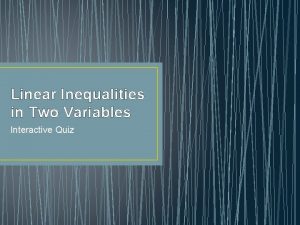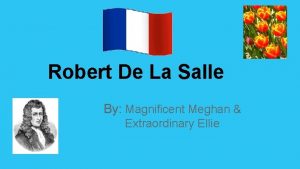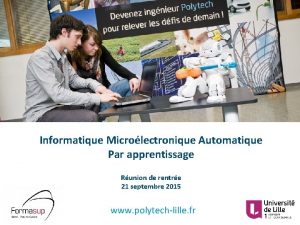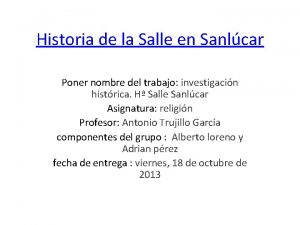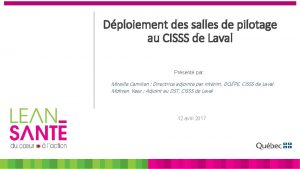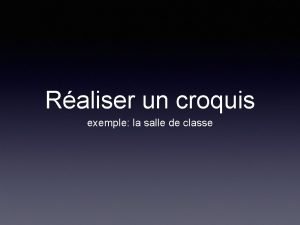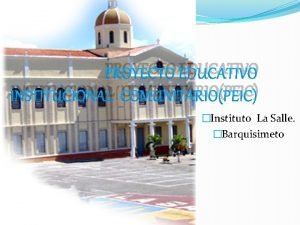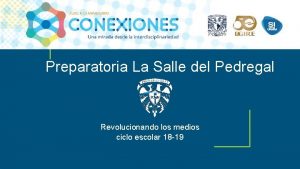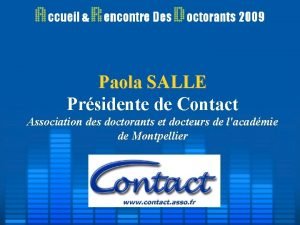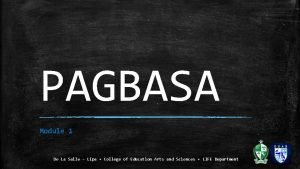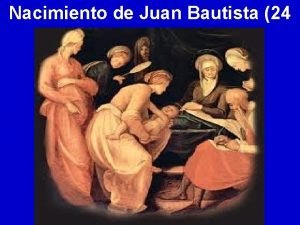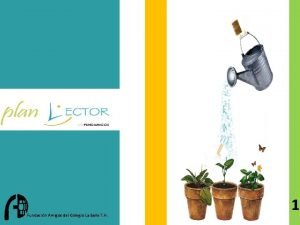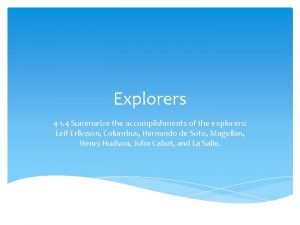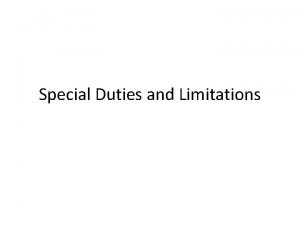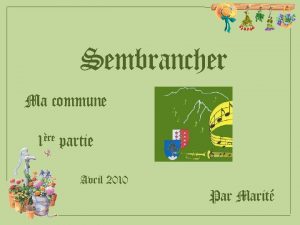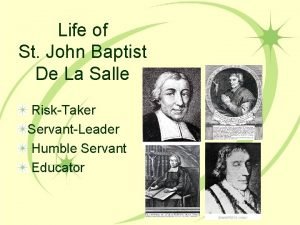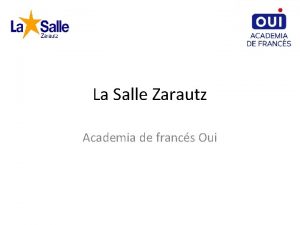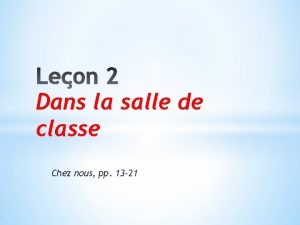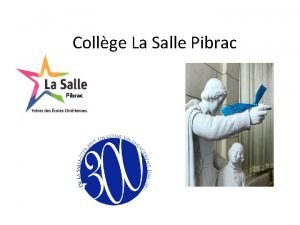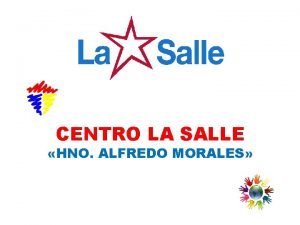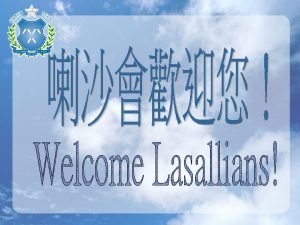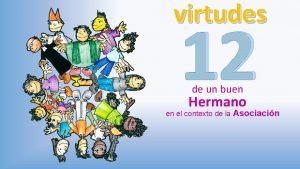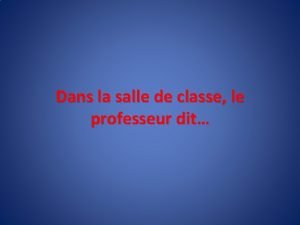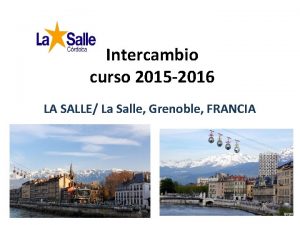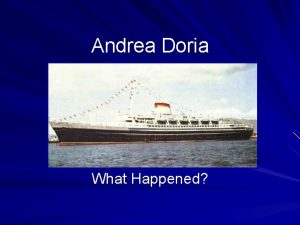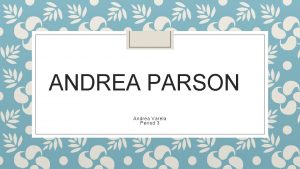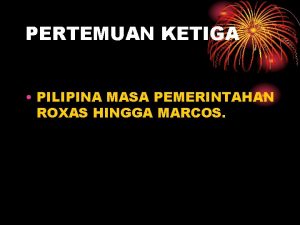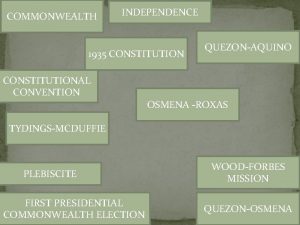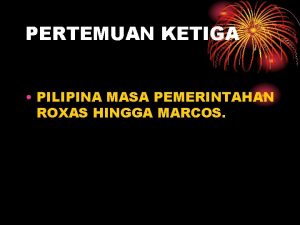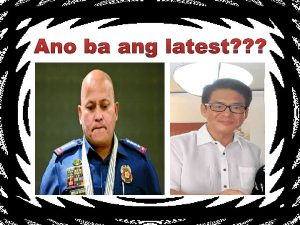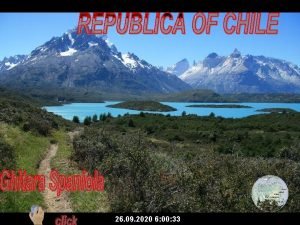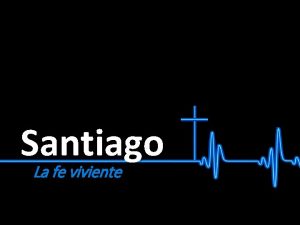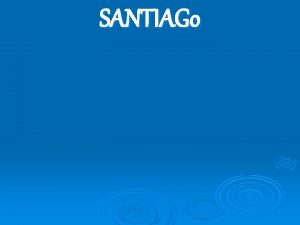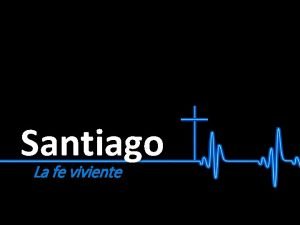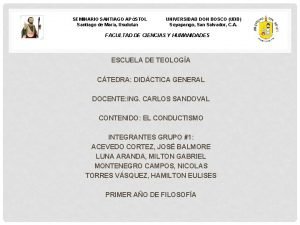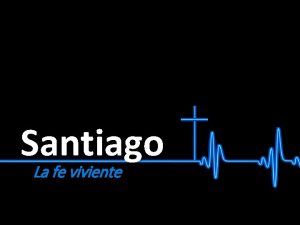Andrea Santiago De La Salle University Fernando Roxas





























- Slides: 29

Andrea Santiago, De La Salle University Fernando Roxas, Asian Institute of Management Philippines


§ More frequent and intense natural disasters would be the new “normal” § Developing countries are the most vulnerable because of geography and also because of economic factors. § Many developing countries have no disaster mitigation mechanisms in place

§Much of the available research focus on large, publicly listed firms § Many of the successes stems from using their core competence in the rebuilding of damaged communities § TNT, DHL & Walmarts of the world

§ Very little research has been done on SMEs and family businesses § However, in many developing countries, SMEs are the most common business organizations § In Asia, especially in the Philippines, family-owned businesses make up 90% of firms.

Are the drivers for corporate philanthropy, § the same for large businesses as it is for SMEs? § the same for normal circumstances as it is for corporate disaster response

CORPORATE SOCIAL RESPONSIBILITY CORPORATE PHILANTHROPIC DISASTER RESPONSE

CSR? PR? To be strategic, companies need to be able to integrate the economic and social benefits of their actions. Porter and Kramer

For SMEs, the challenge has been to align their CSR programs with their core competencies STRATEGIC versus INTUITIVE

§ desire to build a positive brand to ‘insure’ against potential future political crises § to increase staff motivation § attempt to gather business intelligence § a desire to ‘do good’ Binder & Witte, 2007


§ LOCAL § NATIONAL § REGIONAL § GLOBAL

§ Developing countries rely a lot on developed countries to fund the gaps § Dependence on donations can make recipients complacent and entitled

VERSUS OPPORTUNISTIC ? E IM G A UNSYMPATHETIC

CSR BUDGET + DISASTER RESPONSE

§ Profitability levels and availability of slack resources generally determine how much firms can contribute § Companies closer to the disaster also contribute more § Coordinating relief operations is a logistical nightmare

Coordinating relief operations is a logistical nightmare

DISASTER RELIEF and REHABILITATION OR DISASTER PREVENTION and MITIGATION


Lähdesmäki and Takala (2012) contend that altruism explains corporate philanthropy especially in small businesses where ownership and management rests with family

§ Since the SMEs and family owned businesses are extensions of the owner, the personal preferences of the owner are followed § The personal and moral values of the Owner/CEO are predictors of giving behavior § The process of deciding to donate can be more emotional rather than rational

§ They probably have strong roots where their business operates or originated from § Family business owners believe it makes sense to be involved in community development § There exist a virtuous reinforcing loop between giving to the community and company growth

§ Business leaders determine the strategic direction of CSR programs § A leader’s strong belief in religion may also increase philanthropic giving § Appropriate governance & transparency is required for philanthropic and CSR activities

The Gender Factor § Zhang (2013) discovered that the more women in the Board of Chinese firms, the higher the support for disaster relief, assuming normal profitability. § Other researchers found that men were less altruistic than women in general § Other studies posit that it is diversity in Boards, rather than women who increase altruism in organizations


195 miles per hour 4 -storey waves Damage of $12. 8 Billion Donations $1. 6 Billion

(a) nature of disaster relief operation (b) motivations to engage in disaster relief operations (c) decision-making process, (d) operational challenges encountered, (e) the outcomes of the intervention.

§ Emotional rather than rational § No thought of corporate image § Leaders = Board; immediate and longer response § Innate character of business leader (upbringing, religion) § Employee volunteerism due to relations with owners

§EXPLORATORY §GAPS IN LITERATURE §GROUNDED RESEARCH §THEORY BUILDING
 Ferdinand marcos contribution economy
Ferdinand marcos contribution economy Bayan-anihan president
Bayan-anihan president Mrs roxas gave the cashier
Mrs roxas gave the cashier Robert de la salle personal background
Robert de la salle personal background Logo de la salle
Logo de la salle Certificat inaptitude salle de sport
Certificat inaptitude salle de sport Sos salle polytech lille
Sos salle polytech lille La salle sanlucar
La salle sanlucar Salle de pilotage virtuelle
Salle de pilotage virtuelle La salle de classe vocabulaire
La salle de classe vocabulaire Croquis salle de classe
Croquis salle de classe Unidad educativa instituto la salle
Unidad educativa instituto la salle La salle del pedregal
La salle del pedregal Paola salle
Paola salle Teoryang inside out
Teoryang inside out Nacimiento de juan el bautista
Nacimiento de juan el bautista La salle tienda honda
La salle tienda honda Robert lasalle accomplishments
Robert lasalle accomplishments Marsalis v. la salle
Marsalis v. la salle Salle polyvalente sembrancher
Salle polyvalente sembrancher Preparatoria la salle
Preparatoria la salle Where was st john baptist de la salle born
Where was st john baptist de la salle born Lasalle zarautz
Lasalle zarautz Essai coprec
Essai coprec Il y a une fenêtre dans la salle de classe.
Il y a une fenêtre dans la salle de classe. Collège la salle pibrac
Collège la salle pibrac Centro la salle
Centro la salle Chan sui ki (la salle) primary school
Chan sui ki (la salle) primary school Virtudes de san juan bautista de la salle
Virtudes de san juan bautista de la salle Les professeurs 1 of 1 dans la salle de classe.
Les professeurs 1 of 1 dans la salle de classe.
